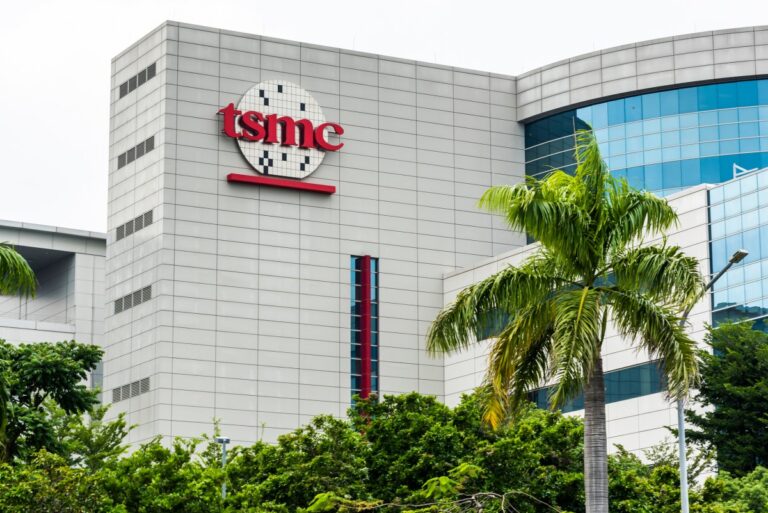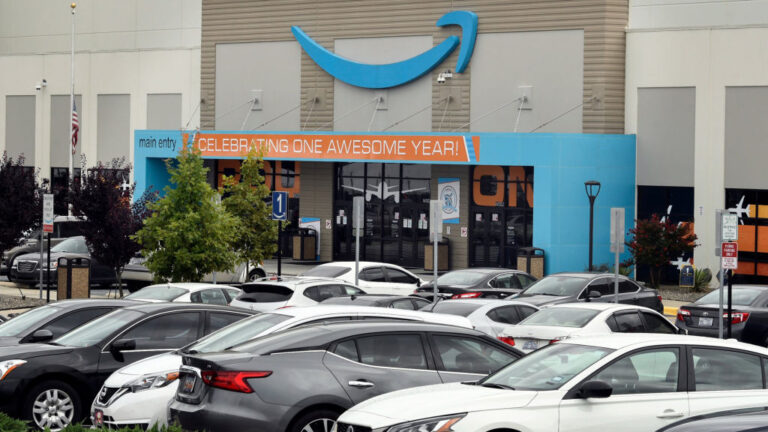OpenAI Executive Launches Innovative Materials Science Startup
Liam Fedus, the Vice President of Research for Post-Training at OpenAI, is embarking on a new journey by launching a startup focused on materials science AI. This significant transition marks a pivotal moment in the intersection of artificial intelligence and scientific research.
Fedus Announces Departure from OpenAI
The news of Fedus’s departure was first reported by The Information. In a recent statement shared on X, he confirmed the report and elaborated on his future plans.
Passion for Physics and AI
In his statement, Fedus expressed enthusiasm for blending his academic background in physics with cutting-edge AI technology. He stated:
“My undergrad was in physics and I’m keen to apply this technology there. Because AI for science is one of the most strategically important areas to OpenAI and achieving artificial superintelligence, OpenAI is planning to invest in and partner with my new company.”
Competitive Landscape in AI Materials Science
Fedus’s new venture will position him in direct competition with major players such as Google DeepMind and Microsoft. The field of AI-driven materials science is rapidly evolving, with notable advancements taking place:
- DeepMind’s Gnome: In 2023, it was reported that DeepMind’s AI, Gnome, successfully identified crystals that could lead to the development of innovative materials.
- Microsoft’s Innovations: Microsoft has introduced two advanced tools, MatterGen and MatterSim, designed for discovering new materials.
Skepticism Surrounding AI in Scientific Discovery
Despite the excitement surrounding these advancements, there remains a level of skepticism among experts regarding the current capabilities of AI in making groundbreaking scientific discoveries. Many believe that true novelty in science may still be beyond the reach of existing AI technologies.
The Future of AI in Science
As the landscape of AI in materials science continues to develop, the collaboration between Fedus and OpenAI could pave the way for significant breakthroughs. The potential for AI to enhance scientific research remains a hot topic, and it will be fascinating to see how this new startup evolves in the coming years.
For more information on the impact of AI on various fields, visit our AI Impact page or read more about the latest trends in Scientific American.







